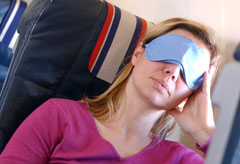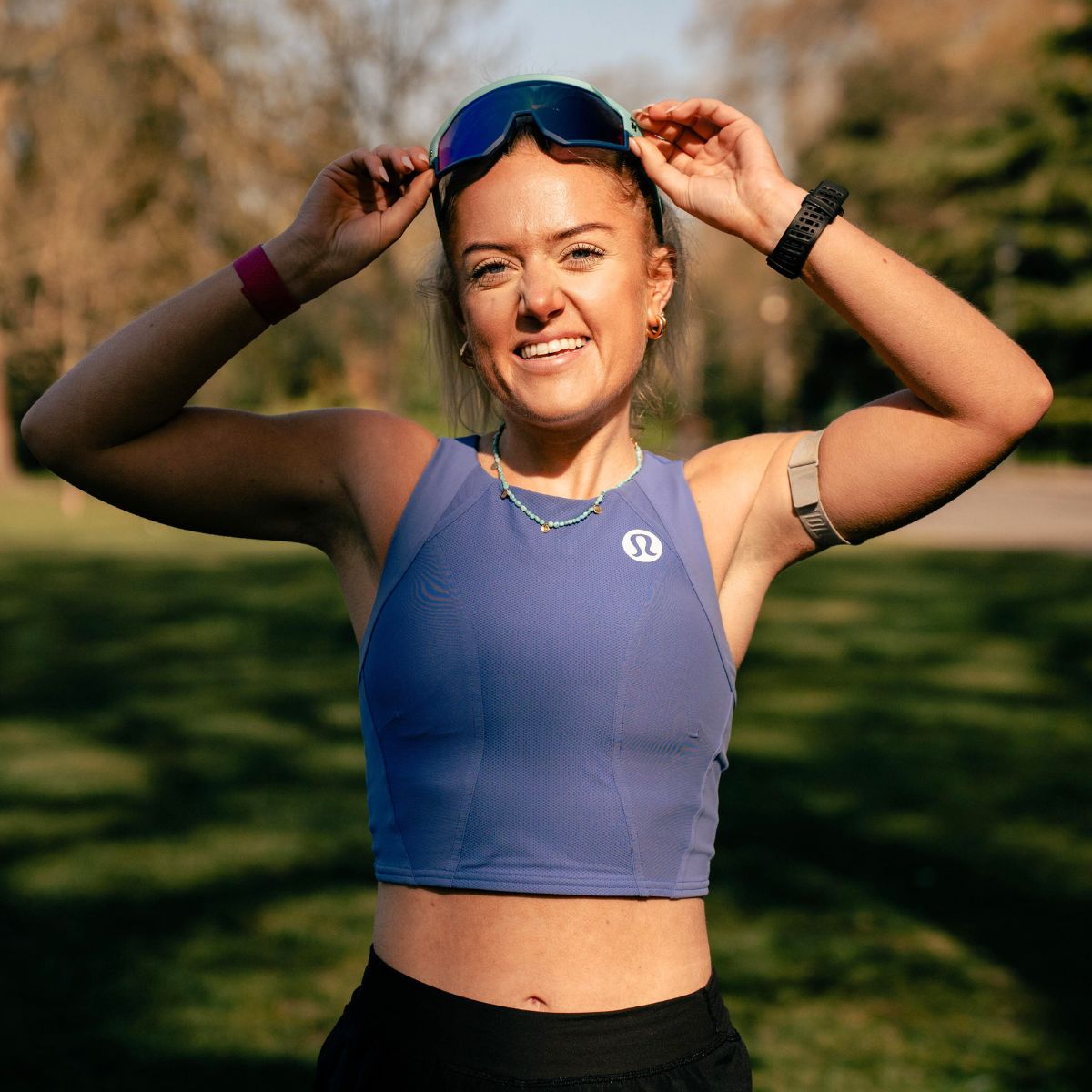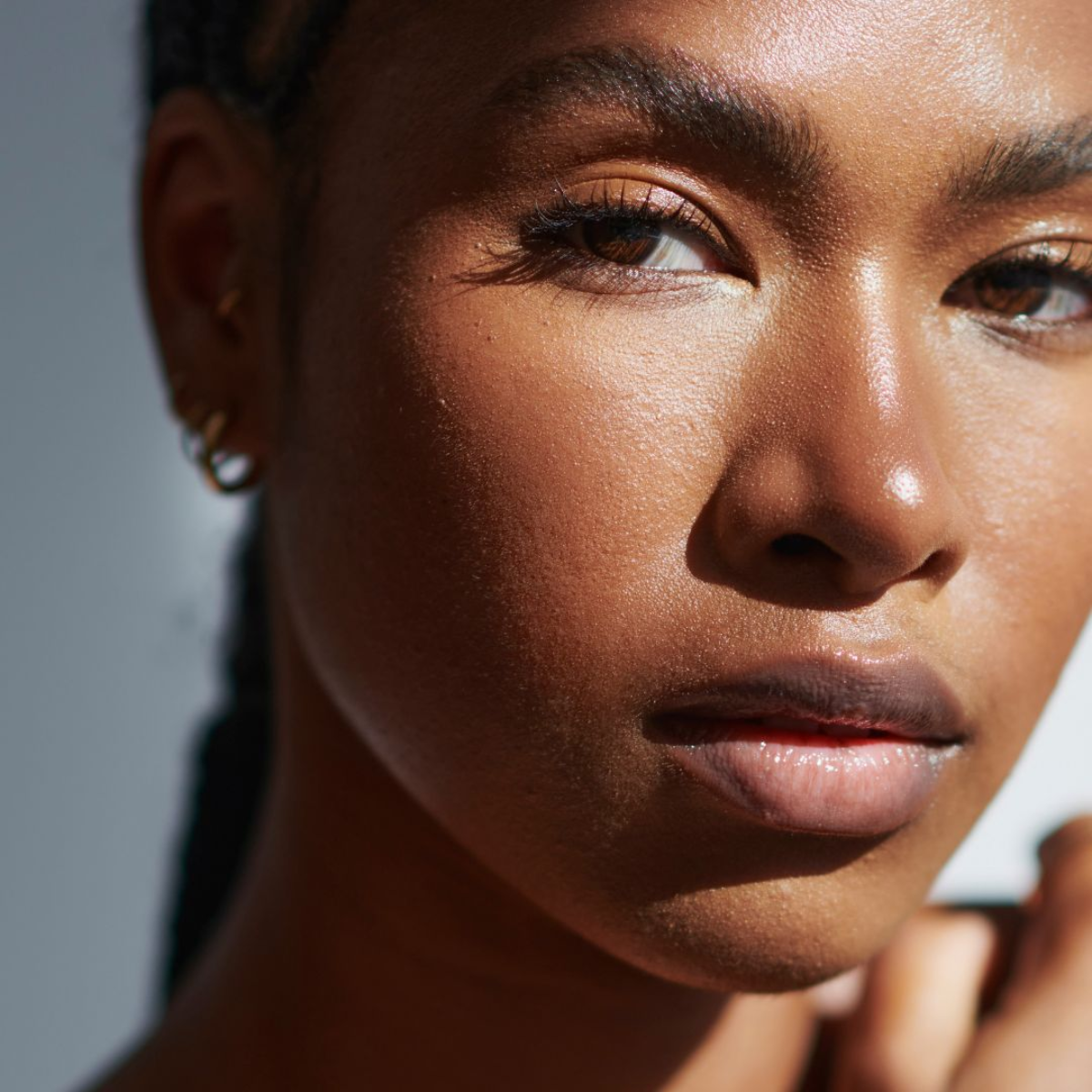New pill to tackle jet lag
A world first to beat the long haul blues

A world first to beat the long haul blues
A pill that helps travellers to stay awake by stimulating the central nervous system could tackle jet lag.
Jet lag is a common condition that usually occurs only when flying long distances. As the body crosses different time zones, its internal biological clock becomes disrupted. This is the mechanism that tells you when to sleep and when to wake up.
The drug, called Nuvigil, is licensed in some countries, such as the U.S., to help shift-workers keep alert through the night. It works by stimulating activity in the central nervous system - in other words, the brain and spinal cord.
Now the results of a new clinical trial suggest it could also be beneficial for passengers coping with the exhausting effects of long-distance flights. Tests on more than 400 volunteers who flew from the U.S. to France showed those who took one pill shortly before boarding the plane were considerably less drowsy and more alert on arrival than those who did not.
The U.S. company that makes the drug is applying for permission to market it as the world's first jet lag pill. If successful, it could be on sale in the U.S. and Europe by the end of this year or early 2010.
However, some reported side-effects included headaches, anxiety, nausea and heart palpitations. Sleep expert Dr Neil Stanley, from Norfolk and Norwich University Hospital, said he was concerned the drug would help to medicalise a normal reaction to time change.
Marie Claire Newsletter
Celebrity news, beauty, fashion advice, and fascinating features, delivered straight to your inbox!
‘Jet lag is not an illness, it’s simply a consequence of long-distance travel,’ he said. ‘You get jet lag because it's light or dark when, as far as your body is concerned, it should not be. Now it seems it is being treated as a reason to take medicine.
‘I can understand someone on a business trip wanting to feel their best when they arrive. But you could probably get the same effect by drinking coffee or going out in daylight. It takes only four minutes of exposure to sunlight to tell your body clock that it's daytime.’
CLICK HERE FOR MORE HEALTH NEWS
The leading destination for fashion, beauty, shopping and finger-on-the-pulse views on the latest issues. Marie Claire's travel content helps you delight in discovering new destinations around the globe, offering a unique – and sometimes unchartered – travel experience. From new hotel openings to the destinations tipped to take over our travel calendars, this iconic name has it covered.
-
 Selena Gomez has re-entered the conversation about her 'Emilia Pérez' criticism
Selena Gomez has re-entered the conversation about her 'Emilia Pérez' criticismBy Jenny Proudfoot
-
 I'd never run a marathon before - six years on, I'm one of the UK's fastest female marathoners. Here's how I train every week
I'd never run a marathon before - six years on, I'm one of the UK's fastest female marathoners. Here's how I train every weekSerious inspo, served.
By Ally Head
-
 There’s a big difference between sensitive and *sensitised* skin—here are four derms on the key distinctions
There’s a big difference between sensitive and *sensitised* skin—here are four derms on the key distinctionsPlus, ways to approach both
By Denise Primbet